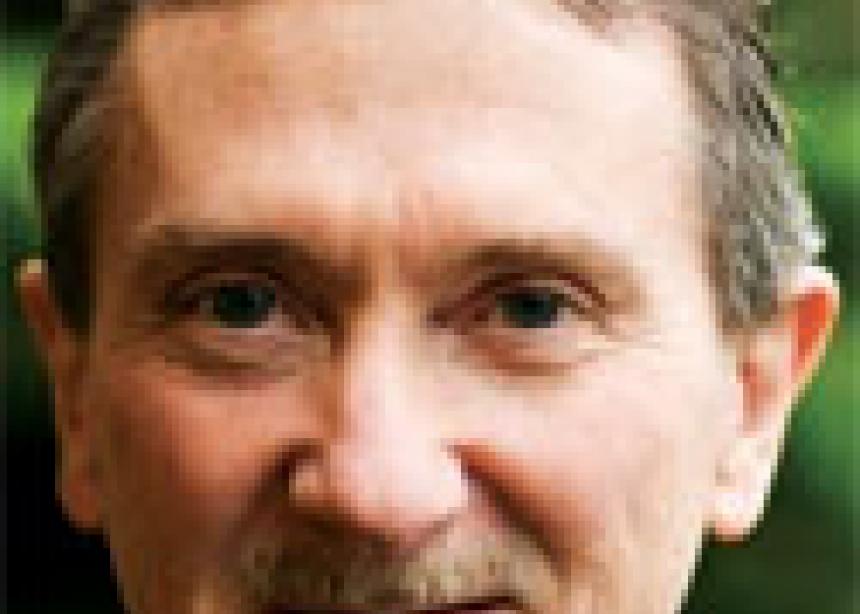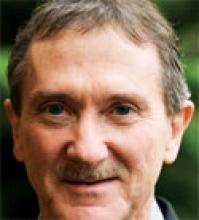Recently I met with an elderly gentleman who had just celebrated his 92nd birthday. In a humorous fashion he noted that he was losing his hearing, losing his eyesight and now he feared he was “losing his marbles.” However, his wit continued to shine throughout our visit.
During our conversation, he reminded me that all his money existed for one purpose, “to help others.” He had never lost the vision of why he had been entrusted with kingdom currency. He was still taking seriously his role as manager of all the resources God had assigned to him.
To his dying day and beyond, he wants to make sure that he never short-circuits the giving cycle. In fact, he assured me that his will had recently been reviewed and he plans to be generous through his bequests. Some time ago he and his wife, now deceased, established an endowment fund with Mennonite Foundation of Canada. Through the proceeds of these funds they plan to support many noteworthy causes for decades to come.
What does our giving cycle really look like? Are we asked to give so that God will fill our storehouses? Is the point of giving that we prosper and keep more for ourselves? This sort of teaching is often described as the “prosperity gospel.” The idea that giving is about our own desires can be deeply attractive to us. It is hard to resist the notion that somehow God can be manipulated for our pleasure.
In his book The Treasure Principle, Randy Alcorn dispels this myth of prosperity theology with this poignant statement: “God prospers me not to raise my standard of living but to raise my standard of giving.”
In II Corinthians 9:11-13, Paul clearly explains why God sometimes directs more money to our account than we really need: “You will be made rich in every way so that you can be generous on every occasion.” Beyond having their needs looked after, Paul says the recipients of our generosity will “overflow in many expressions of thanks to God.”
Perhaps we should aspire to moving in the direction of reverse tithing. R. G. LeTourneau, a well-documented inventor of large earth-moving machines, exemplified this by giving away 90 percent of his income. As LeTourneau did, maybe we should view our role more as God’s power of attorney in financial matters. After all, we are God’s deputies on earth. We are God’s representatives. We are God’s change agents. There is no Bank of God on First Avenue and Main Street. We are it!
The cycle of giving can be summed up this way: Overflowing with gratitude to the giver of all things, we give so we will be entrusted with more. This will enable us to give even more. The cycle goes on, all the while generating more and more expressions of gratitude to God by recipients of our generosity.
It makes sense that our Creator would strategically direct resources to people who are interested in funding kingdom initiatives to sustain the church, help people and take care of creation. It is up to us to ensure that this cycle is never short-circuited.
Arnie Friesen is a stewardship consultant at the Abbotsford, B.C., office of Mennonite Foundation of Canada (MFC). For stewardship education and estate and charitable gift planning, contact your nearest MFC office or visit MennoFoundation.ca.



Add new comment
Canadian Mennonite invites comments and encourages constructive discussion about our content. Actual full names (first and last) are required. Comments are moderated and may be edited. They will not appear online until approved and will be posted during business hours. Some comments may be reproduced in print.